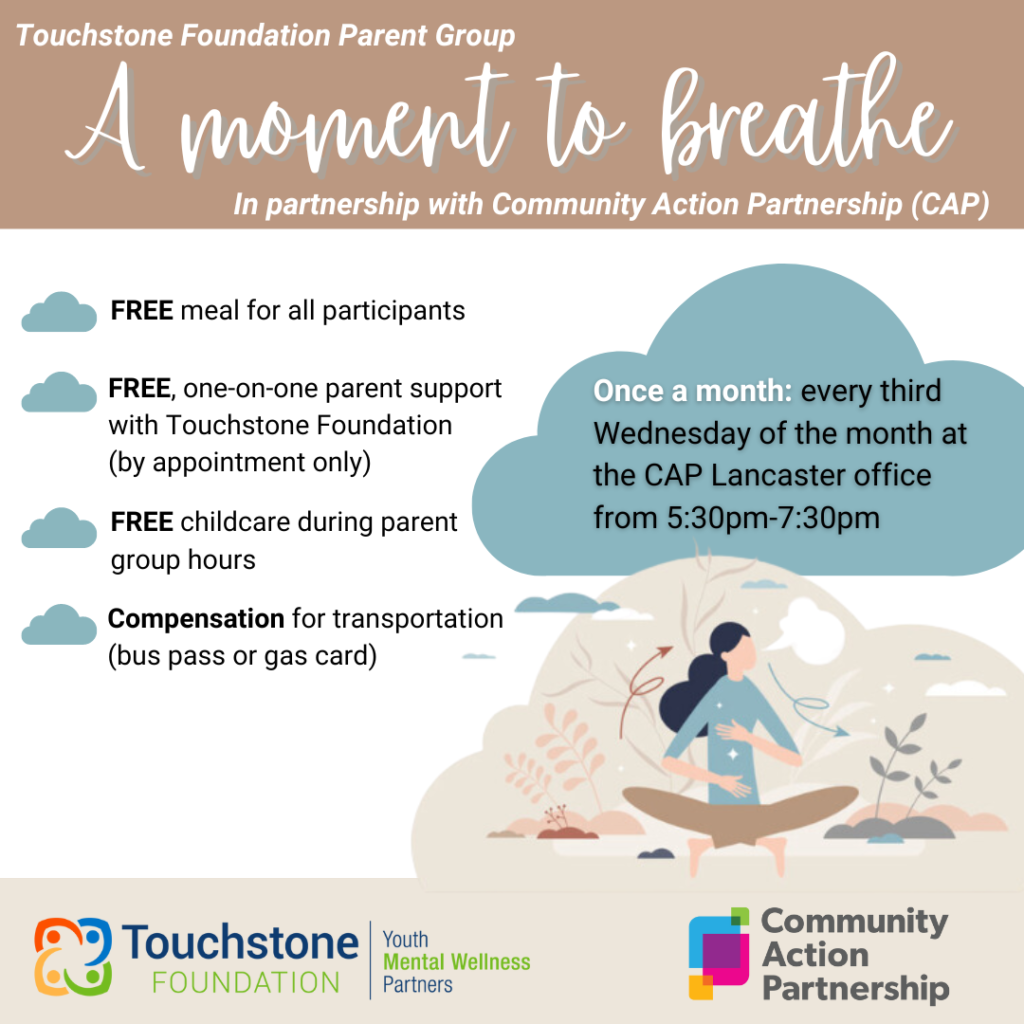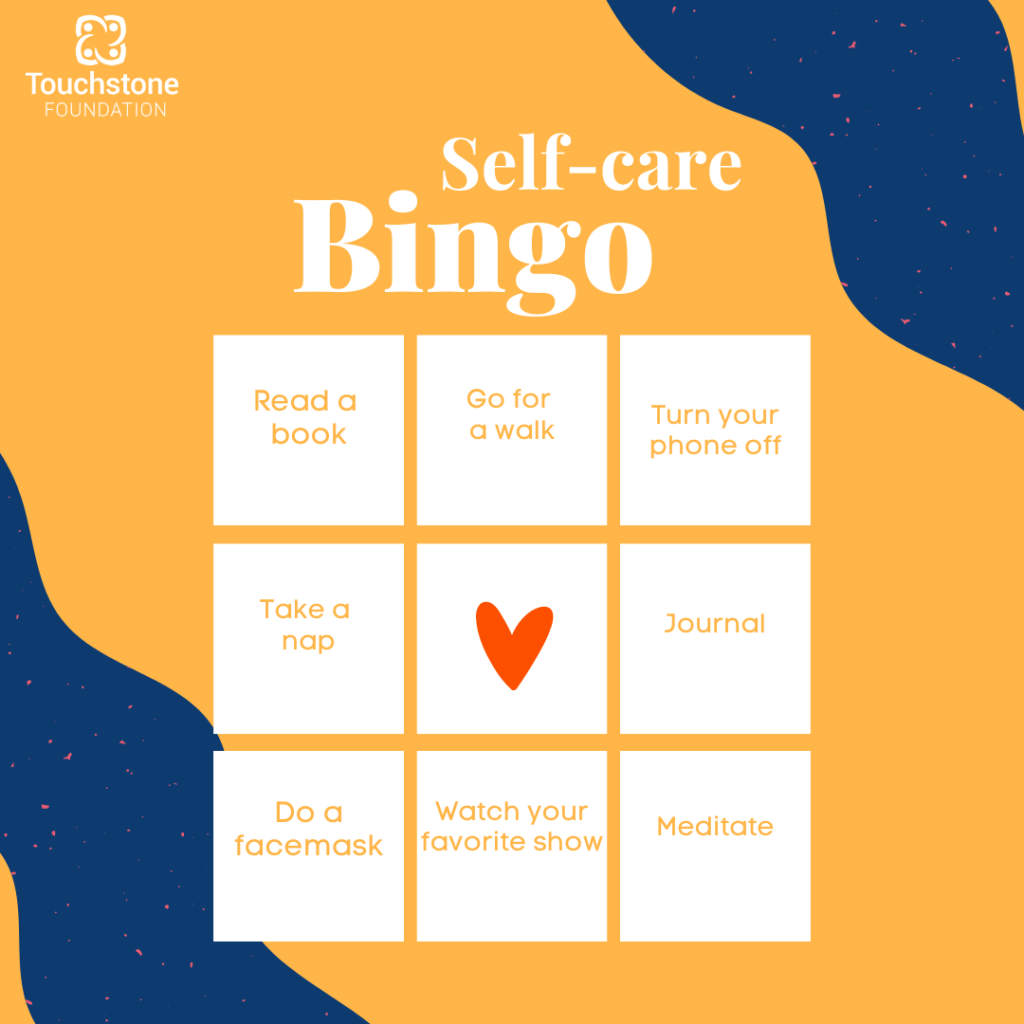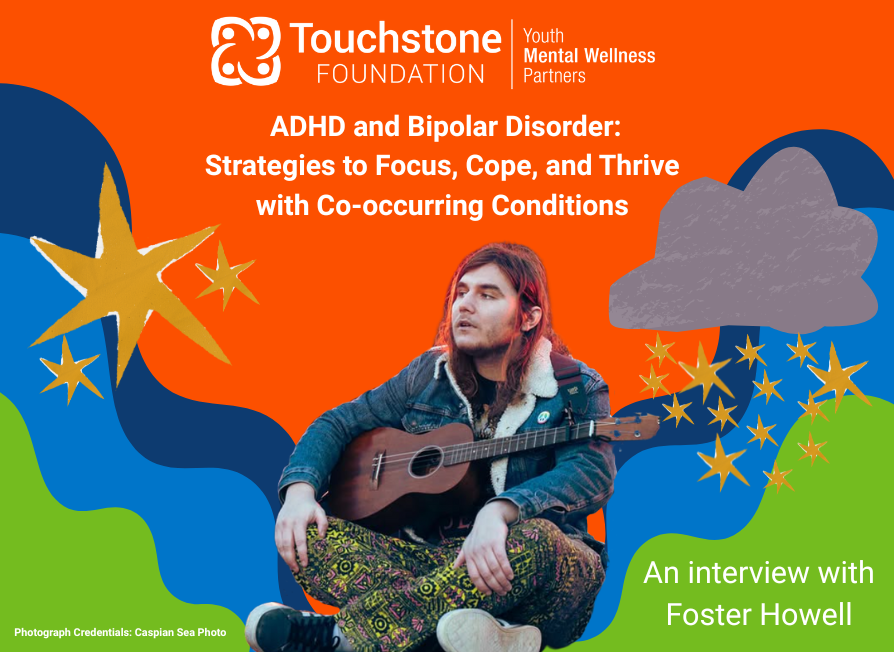What does self-care look like as a parent?
As a parent or caregiver, your first priority is usually not yourself. You worry about your kids, spouse, work, or anything else going on. This can cause you to be both physically and mentally drained. Your mental health is just as important as the people around you. Your mental health can even start to affect the people around you. A recent study showed that a child’s mental health is connected to their parents or caregivers. This study showed that 1 in 14 children have a caregiver with poor mental health (Wolicki, S.B., et al 2021). Poor mental health can affect the way a child deals with challenges, how a child learns, and even how a child interacts with others.

Children learn how to cope with challenges by looking up to the person who takes care of them. If they see you not prioritizing your mental health, they are likely to do the same. Children mimic the people they spend the most time with, and you do not want them to mimic this.
There are specific stages of a child that are most at risk when a parent has a mental illness. The first stage is from infancy until about age 5. This is a crucial time in a child’s life because this is where the brain gets developed and the child forms strong attachments. These strong attachments will most likely be between the child and their caregiver. The next vulnerable age is adolescence. This is a vulnerable period because the child is relying on the parent for structure and positive reinforcement.
When a parent is overworked and tired, these things might not happen or will not be a priority. This is why as a parent or caregiver; you need to give yourself some grace. Take some time to practice self-care for yourself first before it affects other people you care about.
You might be unsure what self-care actually means when it comes to doing it for yourself. As a parent or caregiver, you take care of others and let the other people in your life’s have some self-care, but now it is your turn. The Merriam-Webster Dictionary defines self-care as “the act of caring for oneself.” Seems like a quite simple definition, but it isn’t as easily done as it is defined.
As a caregiver, you are not wired to put yourselves before the person you are caring for, so this could feel unusual or like you should be doing something else. This is why self-care can start off slow. You could start by taking a 20-minute period to yourself. In this time, you can go on your phone, read a book, or go for a quick walk. Self-care is doing something for yourself that will make you feel better in the end. If you like to meditate, do that, or go for a quick run. If none of those things sound good to you, think of something that makes you calmer or relaxed. Self-care is for you. You get to choose what your version of self-care looks like.

Monthly group for parents in Lancaster County
A program that Touchstone has that is catered for caregivers’ self-care is called A Moment to Breathe. Touchstone Foundation partners with Community Action Partnership of Lancaster County to host this program. A Moment to Breathe is held monthly for parents in Lancaster County. This program gives parents the opportunity to connect with other parents in a supportive environment.
A Moment to Breathe is a space that focuses on self-care and well-being. The self-care and well-being of the parents. You feel important and supported in this group. The program meets every 3rd Wednesday of the month from 5:30-7:30. This program starts off with dinner, building connections with the others in the group, and independent time.
Childcare would start after dinner for an hour and a half. The last hour of the program is dedicated to guided group discussions. These discussions can be different each week, and they are catered to the people in the group. This is a time to open up and feel supported.

Feeling like you are not alone is a big part of self-care and mental health. We start to form a shell when we feel alone. This group and others like it will show you that you are not the only parent struggling or needing a break. Groups like this allow us to come together and support others. This support will pick us up and help us get through the weeks. Everyone needs self-care time. As humans, we are built to think of others first, but sometimes we need to go first. Setting some time out of your day to focus on yourself is okay.
It will not only benefit you, but it will benefit your children. Remember to start small if this is new to you.
- Take only 20-30 minutes to yourself and see how you feel.
- Make of list of things that make you calm and try to do them weekly or daily.
There might be a trial-and-error period where you do not feel like this is benefiting you. If this occurs, try to come up with a new list of activities that make you relaxed. Make sure to incorporate this into your routines. This is supposed to make you feel better. It is for no one else, but you. Over time you can look forward to this self-care time and feel better overall.
Learn more:
- A pediatric psychologist’s point of view and how to start your self-care journey
- How a parents mental health affects the children and what to do
- The CDC’s perspective on how parents and their children’s mental health is connected
- Link to our page on parental wellness
Bingo Card to get you started





